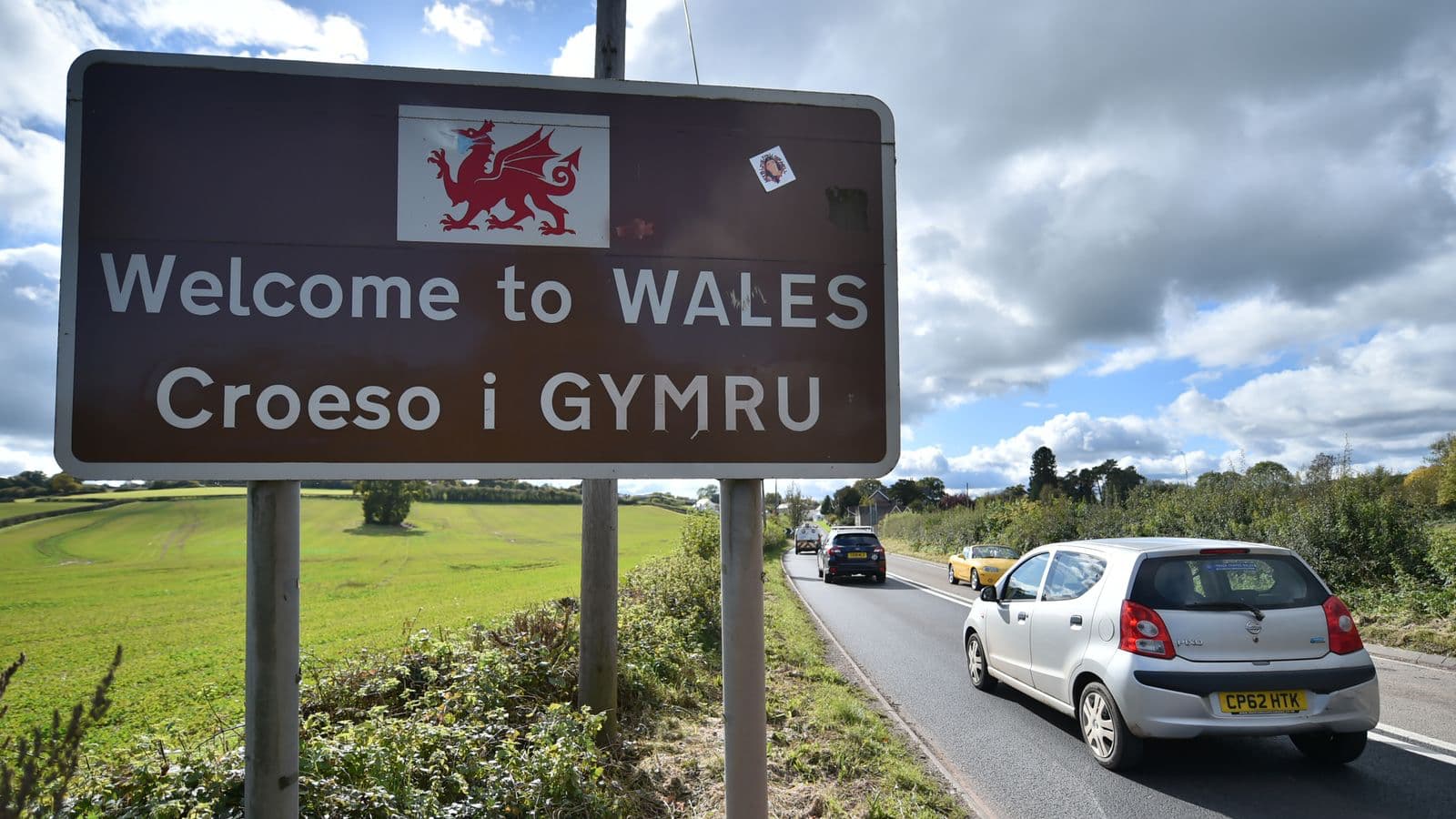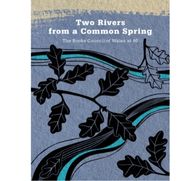You are viewing your 1 free article this month. Login to read more articles.
Welsh market faces long road ahead after Covid-19—but publishers remain optimistic
Covid-19 and its fallout has been a big blow to the Welsh book trade, but a number of the nation’s vibrant publishers are looking to its silver linings going forward.
With the ongoing effects of the coronavirus, the Welsh book trade is facing its toughest challenge in decades, but publishers throughout the country are being buoyed by support from the devolved government and a renewed sense of community spirit.
Wales’ book sector is dominated by independents, who “provide the backbone to supporting authentic publishing output with voices that originate here”, according to Helgard Krause, chief executive of the Books Council of Wales. There is also a good regional spread of publishing houses throughout the country, and a number of emerging independent literary and cultural initiatives, including the recently launched Gwasg Pelydr, a platform for alternative literature in the Welsh language, and literature and publishing collectives Y Stamp and Where I’m Coming From. A culture of live literature events is another strength, with their current cancellation creating a huge gap for the individuals and communities throughout Wales who rely on them.
Even prior to the current pandemic, the Welsh market had suffered some knockbacks in recent months, with the closures of established publishers Gomer and CAA Cymru. Now Krause says that, as well as the loss of events, the immediate challenge facing the country’s book trade is the closure of bookshops, tourism and heritage destinations. The Books Council has been supporting publishers through both its distribution centre and the grant-awarding and reading-promotion aspects of its work. Krause and her team have also been liaising with the Welsh Government, and been asked to administer a sector-specific emergency fund of £150,000 on its behalf to help publishers and booksellers in most need.
Parthian publishing director Richard Davies says that without this support, the list would currently be struggling. Though Y Lolfa has been able to keep on all of its editorial staff and its website has received threetimes more traffic than usual, the publisher is “facing big losses this year”.
Battling on
Children’s specialist Firefly has kept publishing throughout the crisis. One of its titles, Crater Lake by Jennifer Killick, was released four days before lockdown and has gone to reprint, but overall there has been a big sales dip. Yet publisher Penny Thomas notes that there is still huge demand for children’s books: “I think there is a real and growing sense of community online, with indie publishers and indie booksellers supporting each other, which is really inspiring.”
Rily Publications’ director Lynda Tunnicliffe also praises the community aspect of the Welsh publishing industry, and how it has combined forces with wider creative industries to provide more digital content for schools and families throughout this lockdown, such as Book Trust Cymru’s initiative, Book Trust at Home. The publisher has created video content in response to a need for more digital Welsh-language content from Welsh schools. Literature Wales redirected some of its funding to create new digital commissions aimed directly at freelance writers. It will be announcing more opportunities for writers during the summer, many in partnership with other national organisations in Wales. Literature Wales c.e.o. Lleucu Siencyn believes that the creative sector “will play a key role in shaping Wales’ future”.
It is “business as usual” for University of Wales Press (UWP), with director Natalie Williams saying the team is “working harder than ever” to support authors and ensure its titles remain on track and promoted. As an academic press, the impact on the university sector will be key for UWP going forward. William says: “UWP was already working on a business diversification strategy prior to coronavirus, with a view to creating content for broader audiences, and this will be as important as ever now.”
While the current situation is putting pressure on publishers with fragile cashflows and smaller programmes, Krause fears that the real impact will be felt much further down the line when government support schemes end. She hopes that publishers will “embrace the opportunity to try out new things and test new strategies”, and that “this newfound sense of community will trickle down and encourage talent from Wales to stay here and publish locally”. She says that this time has also shone a light on the “often unsung but wonderful role our independent bookshops play in our communities”, with many adapting quickly from bricks-and-mortar to online sales.
Despite the challenges, Parthian’s Davies believes that “reading will gain even more relevance during times like these”. Krause points out that the importance of the books sector in Wales has been underlined by the fact that publishing played a central role in the Welsh Government’s Creative Wales strategy, launched in January 2020. Tunnicliffe says that, while there has been “a massive financial impact on our entire industry, which will continue to be felt for the next few years”, she is confident that “the strength of the community spirit in Wales and the determination of the people here will help us survive this”.














